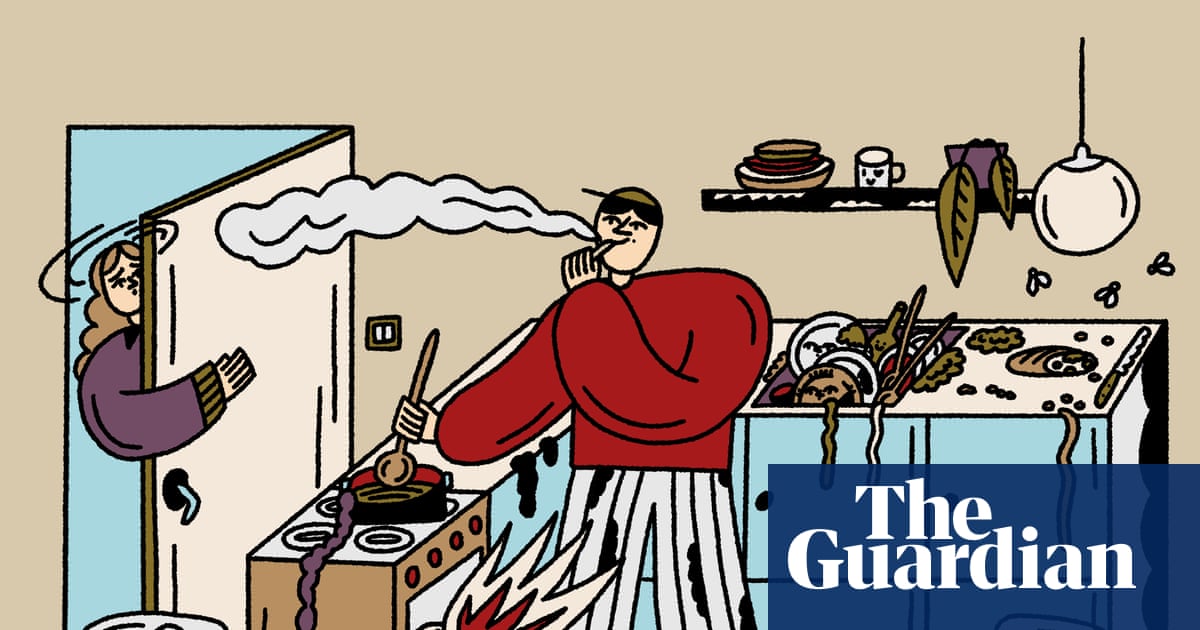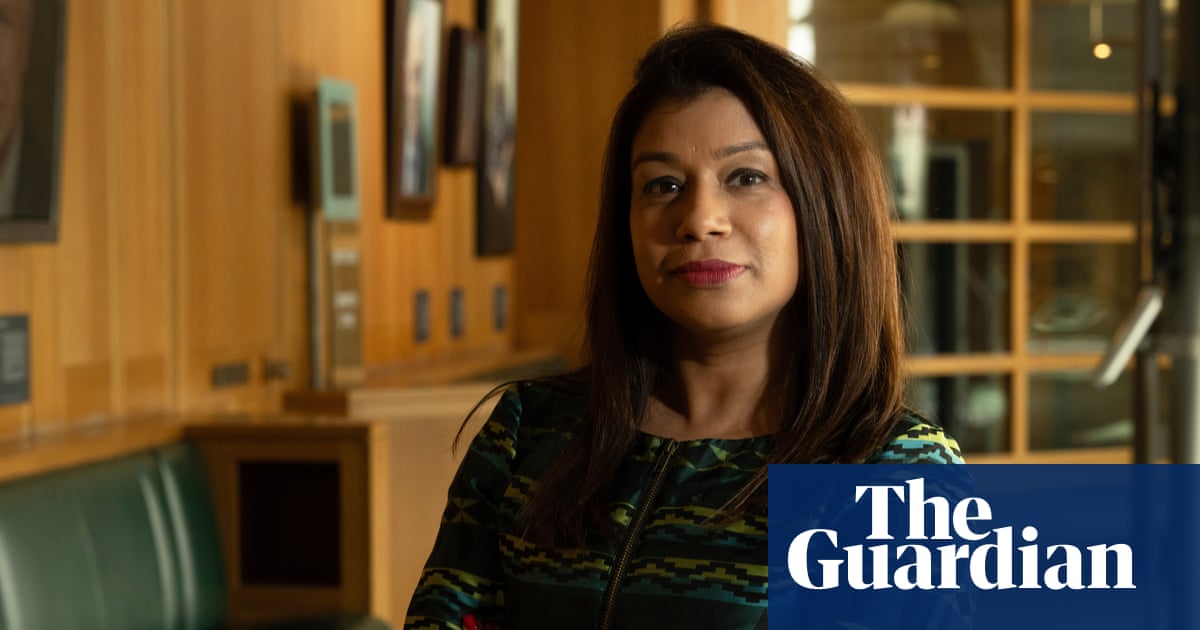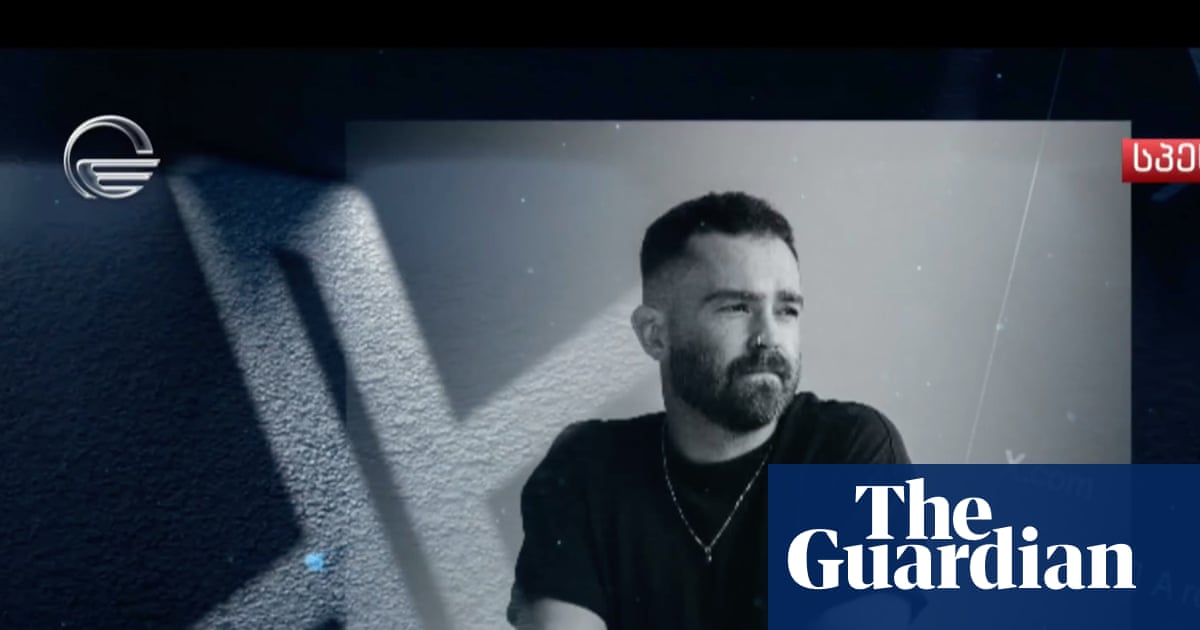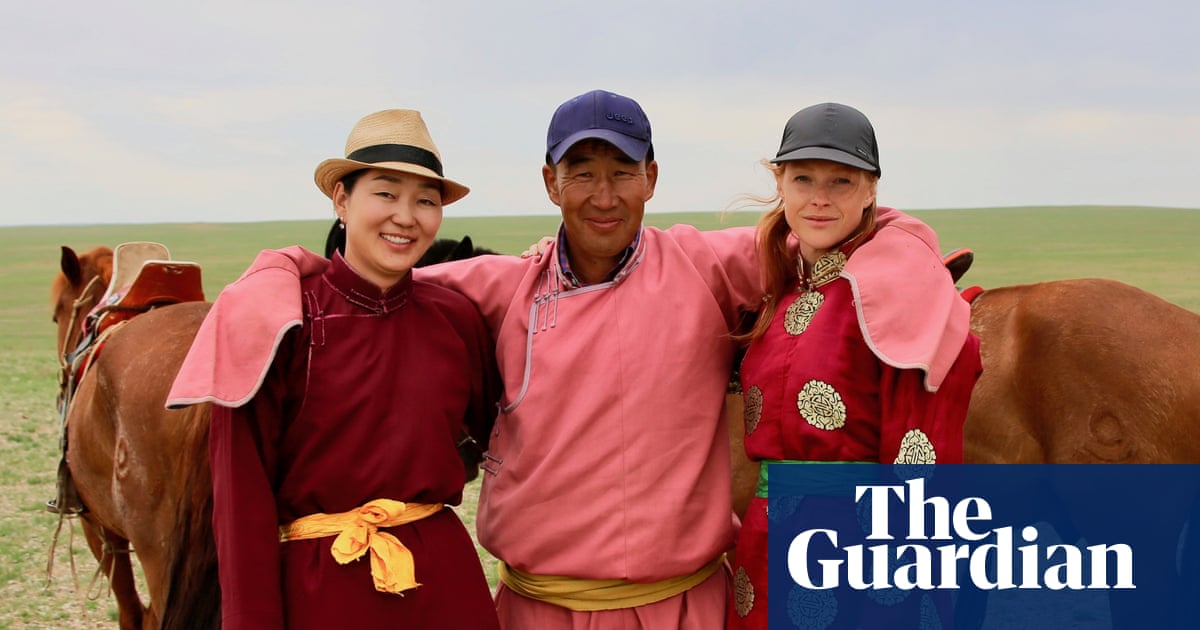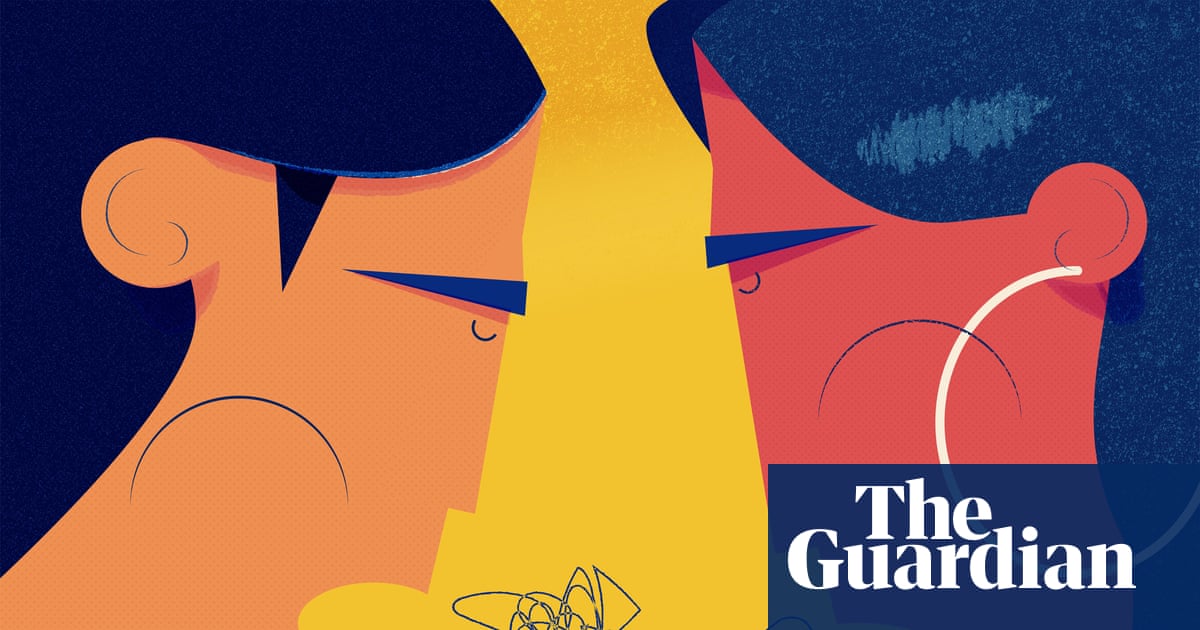What – and I ask myself this question with increasing frequency and seriousness – are we going to do about people? What, more specifically, are we going to do about the number of irredeemably wicked ones and the amount of suffering they bring into the world?
If you can get through the two-part documentary Poisoned: Killer in the Post without sliding down on to the floor in despair as these questions thunder through your mind – well, you’re a better viewer than I.
Poisoned is a meticulous chronicle of the equally meticulous investigation conducted by Times journalist James Beal into the identity of the online supplier of lethal chemicals to people who had congregated on a forum where they shared their suicidal thoughts, discussed methods and, often, plans for taking their own lives.
Beal was alerted to the potential story by David Parfett in 2022. A year before, Parfett had lost his 22-year-old son, Tom, to suicide. “It’s just a different world after that.” Parfett had found the forum that Tom had posted on, posed as a new user, and soon found himself directed to a website that, hidden in plain sight among a variety of other goods either permanently sold out or astronomically priced (salt for $9,999 and so on), sold the poison to anyone who ordered it, with no registration requirements and no checks. Tom continued to post on the forum for a short while after he had taken the poison, about his racing heart, then creeping numbness. “That’s my son dying,” says David.
Louise Nunn lost her daughter Immy in the same terrible way after years of supporting her through mental health crises that had led to her being sectioned. She took the poison a few hours after her latest release, about which her parents had not been informed; Dawn her stepson Adam – “He was so loved”; in Arizona, Malyn lost her brother, and Lynn her son, Miles. Like Parfett, they all tried to track down the responsible parties and interest the police in their findings and their growing certainty that one man was behind the distribution of potentially thousands of packages and deaths.
Beal synthesises what they have learned with his own discoveries and finds the man behind the website. Pretending to be a customer with concerns about the efficacy of the product, we hear his extraordinary conversation with a Canadian chef called Kenneth Law, who cheerfully confirms for him that people “in the UK, US and Canada” and other countries have died from his supplies. “At least a dozen … I’ve been kept busy, yeah!”
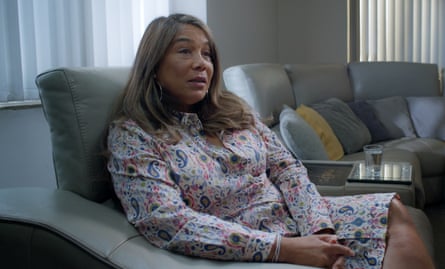
On we go, covering Beal’s exposé after further investigations, which leads to Law being charged with 14 counts of first degree murder and 14 of counselling or aiding suicide in relation to Canadian deaths. Investigations into multiple deaths linked to him in other countries are ongoing, and the National Crime Agency is considering the possibility of extraditing him.
Law has not been found guilty, and did not respond to the allegations made in the series. The documentary does not, I think refreshingly, dwell too long on Law’s possible motivations. Sociopathy? Psychopathy? Badness? Some unholy combination of the above? Would it help us to know? Can we protect ourselves against any of them? The more you hear, and the more technology facilitates the spread of the worst of humanity, the more unlikely it seems.
Beneath the giant shadow cast by Law, however, are others. There are the failures of the police to link the deaths of people found with the same poison in their possession or who had been posting on the same forum. There seems to have been a readiness across forces to tick the box marked “suicide”, close the case and feel no wider sense of responsibility to prevent further harm. There is the lag between old laws (in the UK, around the sale of poisons, the requirements to report, what constitutes assisting suicide, and international compatibilities) and new technology. There is the widespread and ongoing failure of all sorts of authorities and corporate megaliths to monitor even the vilest, most dangerous tracts of the internet.
Whatever happens, of course, it will not bring any of the beloved lost sons and daughters back to their stricken parents. It will not restore her brother to Malyn, or any of the untold number of victims whose deaths may ultimately be laid at Law’s door. What a terrible, terrible world.
Poisoned: Killer in the Post is on Channel 4 now.
In the UK and Ireland, Samaritans can be contacted on freephone 116 123, or email [email protected] or [email protected]. In the US, you can call or text the National Suicide Prevention Lifeline on 988, chat on 988lifeline.org, or text HOME to 741741 to connect with a crisis counselor. In Australia, the crisis support service Lifeline is 13 11 14. Other international helplines can be found at befrienders.org

 2 months ago
57
2 months ago
57



